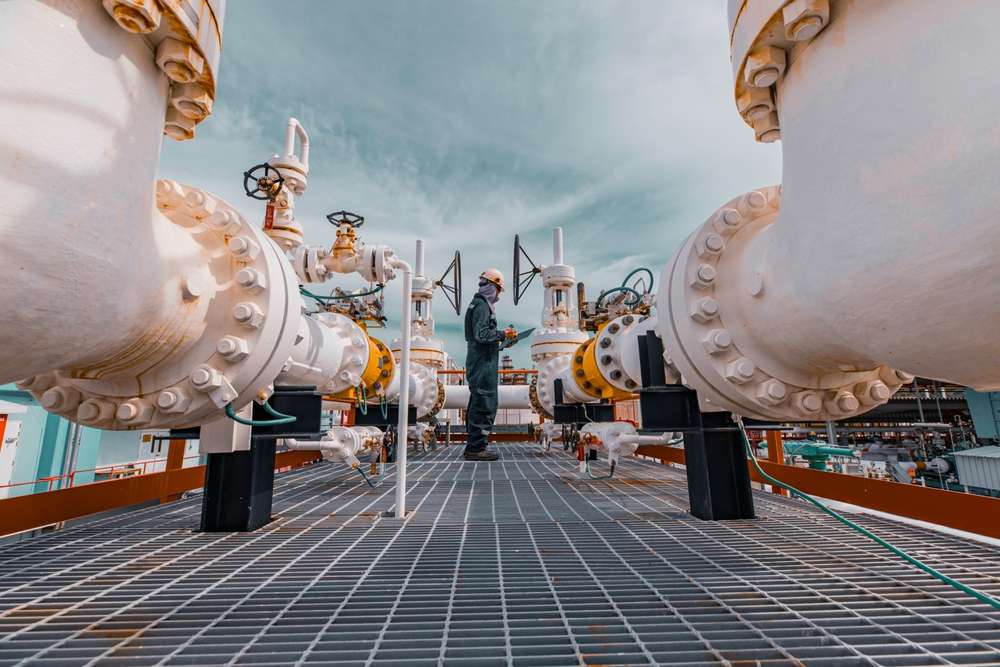Understanding oil rig recruitment agencies
Are you curious about how oil rig recruitment agencies work? This guide will unveil the key roles they play in the oil industry and how they can help you find a job. Oil rig recruitment agencies serve as vital connectors between oil companies and skilled workers, playing a crucial role in one of the most demanding and rewarding sectors. As the global energy landscape evolves, interest in oil rig jobs continues to grow, particularly in regions such as North America, the Middle East, and parts of Africa. This article will explore the functions of these agencies, the types of jobs they typically fill, the benefits they offer to job seekers, and tips on approaching them effectively. Understanding the nuances of this recruitment process can help candidates navigate their career aspirations in this robust industry.

What Are Oil Rig Recruitment Agencies?
Oil rig recruitment agencies are specialized employment firms that focus exclusively on placing qualified candidates in various positions within the oil and gas industry. These agencies maintain extensive networks with major oil companies, drilling contractors, and service providers. They handle everything from initial candidate screening and qualification verification to salary negotiations and placement logistics. Their deep industry knowledge helps ensure that candidates meet strict safety and certification requirements essential for oil rig work.
Types of Jobs Available Through Recruitment Agencies
Recruitment agencies typically offer placements across numerous oil rig positions, including:
-
Roustabouts and roughnecks for entry-level positions
-
Drilling crews and derrickhands
-
Mechanical and electrical engineers
-
Safety officers and environmental specialists
-
Management and supervisory roles
-
Specialized technical positions like mud engineers and well service operators
Benefits of Using Recruitment Agencies
Working with oil rig recruitment agencies offers several advantages:
-
Access to exclusive job opportunities not advertised publicly
-
Professional guidance on industry requirements and certifications
-
Assistance with documentation and visa requirements for international positions
-
Salary negotiation support and benefits package guidance
-
Regular updates on new opportunities and industry developments
-
Pre-screening and preparation for interviews
How to Effectively Work with Recruitment Agencies
To maximize your chances of success:
-
Maintain updated certificates and qualifications
-
Create a detailed resume highlighting relevant experience
-
Be clear about your availability and preferred locations
-
Respond promptly to agency communications
-
Provide accurate references and documentation
-
Stay flexible regarding assignment locations and durations
| Agency Type | Services Offered | Typical Placement Timeline |
|---|---|---|
| Global Agencies | Worldwide placement, visa support, full documentation | 4-8 weeks |
| Regional Agencies | Local/regional placement, certification support | 2-4 weeks |
| Specialized Agencies | Focus on specific roles/positions | 3-6 weeks |
Note: Timelines and services mentioned are estimates based on industry averages and may vary depending on position requirements and location.
The Future of Oil Rig Recruitment Agencies
The oil rig recruitment landscape continues to evolve with technological advancements and changing industry needs. Agencies are increasingly incorporating digital platforms for candidate screening and placement, while maintaining their crucial role in ensuring safety and qualification compliance. Environmental considerations and the transition to renewable energy are also influencing recruitment strategies, with many agencies now including green energy positions in their portfolios.
As the energy sector transforms, oil rig recruitment agencies remain vital intermediaries, adapting their services to meet both traditional oil and gas needs and emerging industry requirements. Their expertise in navigating complex international regulations, understanding technical requirements, and maintaining strong industry relationships continues to make them invaluable partners for both employers and job seekers in the oil and gas sector.




